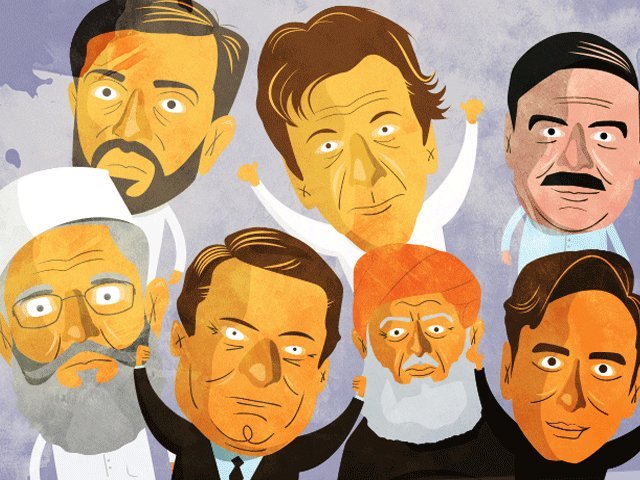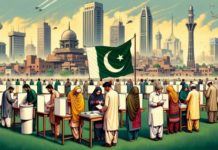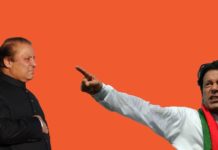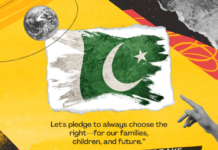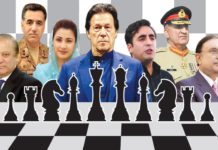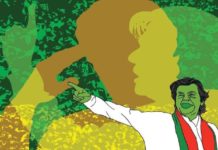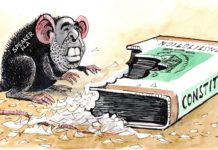Where is the serenity and silence that once prevailed in the streets of the city of power? The whispers have gradually turned into noise and turned into a noise in which no sound can be heard now.
There are only voices everywhere. These are the same voices that used to get tired of shouting at the closed and shamelessly stubborn doors of power, but now these voices have succeeded in breaking the snare that has been lingering behind these doors for three and a half years. Imran Khan – the Prime Minister of Pakistan who was brought to power with great manipulations, aspirations, and wishes. There is no need to repeat what happened, and how?
Adversary, friend, or ally—the stakes are rising in the burgeoning power struggle parading as a political melodrama. It’s a dog-eat-dog world out there. The political situation has become so ugly that onlookers may be forced to hold their noses. But this horrid face is a reality of Pakistan’s culture and the values of a sorry nation.
Frankly, I damn care about the opposition and the government in what is effectively a factional conflict within the ruling class and their utter disregard to the actual issues of the working class. All these corrupt ruling thugs have never articulated any program to address micro-level daily troubles of the working masses in the proverbial thana, katcheri and patwarkhana. Katchi abadi dwellers and street vendors and minorities of Pakistan still cannot expect an end to the daily misery.
Our heavily commercialized media and the paid characterless anchors are trying to present this another bad political fart as a suspense thriller, but the plot doesn’t add up. I think most working people and hopeless youth feel the same way.
The majority of Pakistanis view themselves as mere pawns in the game of power, since they feel that they have no meaningful influence in the political process. Take for example recent events relating to the price of foodstuffs; there has been no mass movement involving ordinary people that might force the government to respond to the people’s needs. This lack of faith in the people’s collective power is not surprising, given that most Pakistanis are familiar with the dirty establishment-designed political gutter.
In Pakistan today, even Ph.D. scholars and security guards alike note that the country has been kept afloat by international financial bailouts, largely flowing to the military. The same military that brought Imran Khan and the PTI to power, but its neutrality isn’t exactly neutral—this neutrality is the actual cyst that has become a cyanide of hatred, injustice, intolerance, religious terrorism, and economic instability in the country.
What must happen is that Pakistanis must realise we have to break-away with the establishment. One of the few things that could help us do this is, if the youth from different parts of the country come together, revitalize progressive politics, and become politically conscious (which means being aware of your own political power and using it for a change).
In other words, there is no use lamenting the reluctance and inability of mainstream politicians to make a break with the establishment. They will not change their ways, since they are the real beneficiaries of this rotten system.
Instead, those who have hope in popular power should reclaim political participation by energizing social movements. Despite the ability of social media to foster an energetic political culture, it is important not to underestimate the role of in-person activism on the ground. Young people who care about social change must come together with members of ethnonational movements and feminists who are fighting patriarchy. The working and youthful majority must resist the crisis threatening the future of Pakistan. Today, Pakistan yearns for a conscious youth to reclaim the mantle of progressive politics as the transformative change will not come just through brave Facebook posts and crying on Twitter. Something else has to happen.


